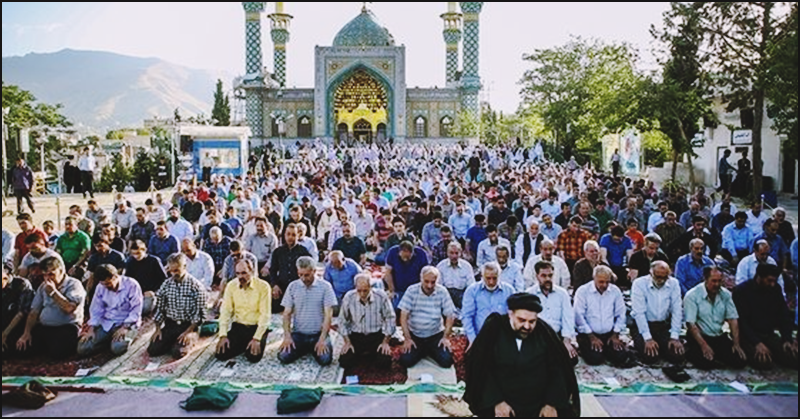Shortly after the holy month of Ramadan comes the Eid season – a period considered as a time for celebration and a time to spend with loved ones as these dates are commonly observed as public holidays in the Gulf region.
That being said, official dates are officially based on moon sightings analysed by experts and then confirmed by public authorities to standardize observance in the public and private sectors. Of note, official dates of holidays based on lunar sightings are also likely to differ from one Islamic state to another.

Eid Al Adha Projected Date Announced
For this year, however, the consensus among experts reveals that Eid Al Adha is likely to fall on August 11 (Sunday), according to the International Astronomical Centre (IAC) in Abu Dhabi, as reported by the Khaleej Times.
As per Eng Mohammed Shawkat, Director of the IAC in Abu Dhabi, there will be no dispute over the sighting of the Helal or new moon of the lunar month of Zul Hijjah, as most Arab and Islamic centres will be able to easily and clearly see the new moon of Zul Hijjah by naked eyes and telescopes.
But as per tradition, Saudi Arabia will announce the sighting of the new moon of Zul Hijjah and “most countries will approve this sighting which is linked to the season of Hajj or pilgrimage to the holy city of Mecca.
Shawkat also added that most Arab and Muslim countries will be able to see the Helal of Zul Hijjah on Thursday, August 1, 2019.
“All these countries will be able to sight the new moon after the sunset by telescopes and even naked eyes at some regions,” he explained.
Of note, the three succeeding days, Sunday, August 11 to 13, will be observed as official holidays for both private and public sector employees.
Following the Hajj, Muslims from all over the world remember and commemorate the trials and triumphs of the Prophet Abraham, as the holiday is also regarded as the Festival of Sacrifice. They observe by slaughtering an animal such as a sheep, camel, or goat during this occasion. The action is very often misunderstood by those who are outside the faith.
And just like on Eid Al Fitr, Muslims around the world attend morning prayers at their local mosques on the first morning of Eid Al Adha. Prayers are then followed by visits with family and friends, and the exchange of greetings and gifts.
At some point, members of the family will visit a local farm or otherwise will make arrangements for the slaughter of an animal. The meat is distributed during the days of the holiday or shortly thereafter.
ALSO READ: [WATCH] Here’s How People in UAE Celebrate Eid Al Fitr